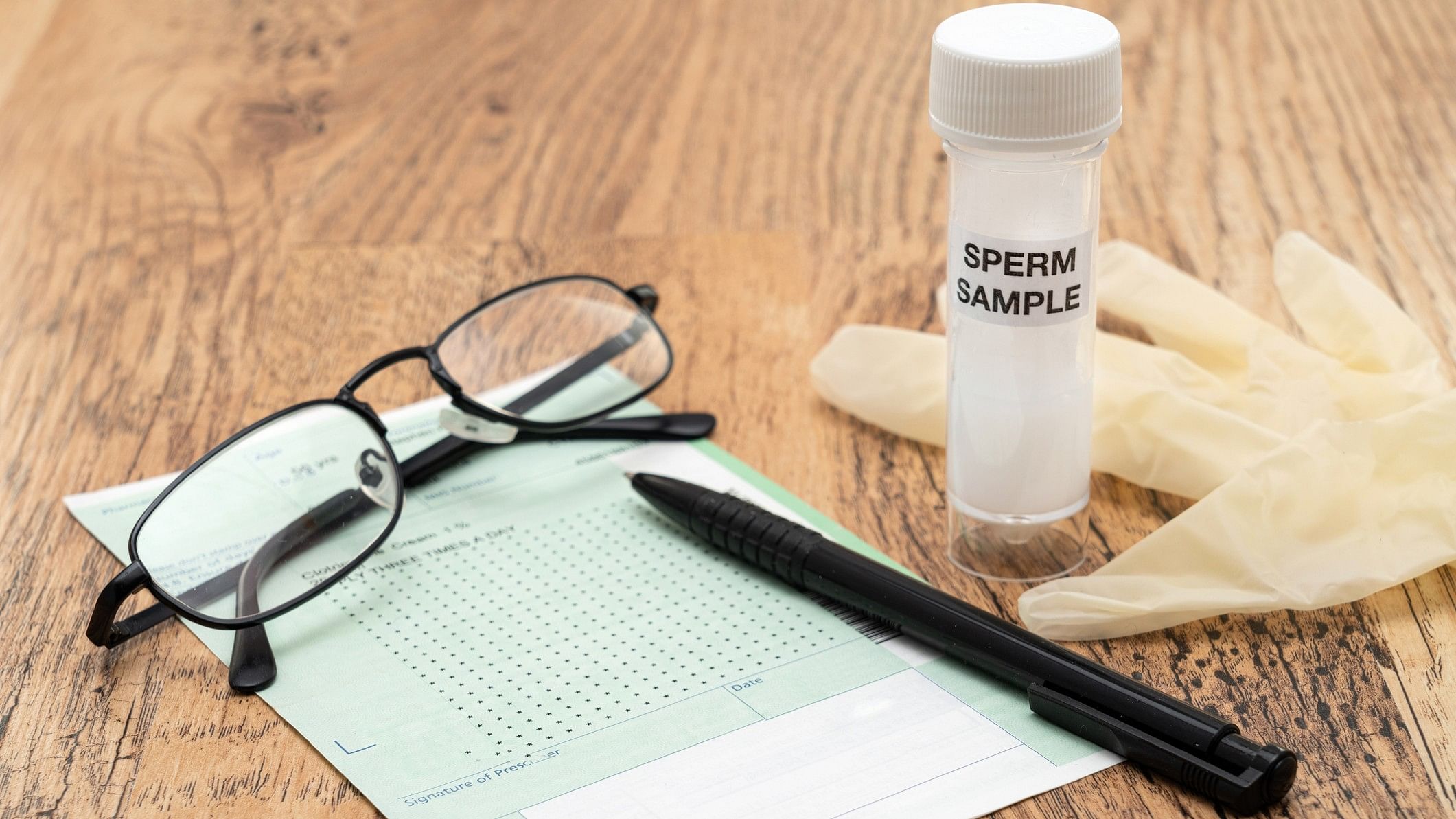
Representative image showing a vial labelled 'Sperm Sample'.
Credit: iStock Photo
The Australian government has ordered a purge of frozen sperm in the state of Queensland over errors in identification of samples that could lead to cases of accidental incest.
A recent audit by the Office of the Health Ombudsman (OHO) in Queensland, home to one of Australia's largest in vitro fertilization (IVF) industries, found identification errors in nearly half (42 per cent) of the samples audited, in addition to finding samples that failed to meet acceptable quality requirements.
The report stated that the "identification mix-ups, loss of viability of gametes or embryos or suspected deterioration (beyond accepted laboratory standards)" rendered "them [frozen sperm samples] unsuitable for use".
In simpler terms, these mix-ups could have serious and far-reaching consequences: as BBC puts it, the identification errors could prevent prospective parents from accessing important genetic information and medical histories, and in some rare cases, could even lead to accidental incest.
Hence, the OHO has recommended the destruction of all stored donor material that does not meet identification and/or quality standards.
While it is currently unclear how many frozen sperm samples will be destroyed, BBC reported that OHO found "thousands" of samples frozen before 2020 that it deemed to be "high risk".
“The impact on consumers and the donor-conceived children... cannot be underestimated,” the report said.
Rising demand, faltering supply
The IVF industry in Australia is indeed a burgeoningone: government data indicates that one in six Australian couples have difficulties starting a family, and many are increasingly relying on sperm donors to conceive children.
This rise in demand for donated sperm, however, has led to a national shortage, which has been compounded by Covid-19-related disruptions and tightening regulations.
The problem, however, is that the IVF industry in the country is dependent on self-regulation, which has led to oversights resulting in identification errors, the use of low quality sperm, and delays in informing patients about mistakes.